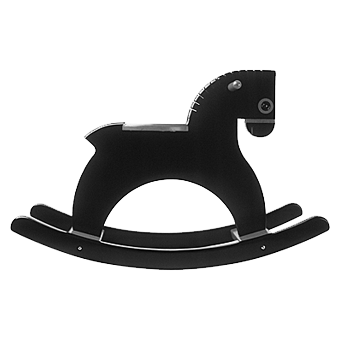“What do you think, uncle?” said the boy.
“I leave it to you, son.”
“Oh, let her have it, then! We can get some more with the other,” said the boy.
“A bird in the hand is worth two in the bush, laddie!” said Uncle Oscar.
“But I’m sure to know for the Grand National; or the Lincolnshire; or else the Derby. I’m sure to know for one of them,” said Paul.
So Uncle Oscar signed the agreement, and Paul’s mother touched the whole five thousand. Then something very curious happened. The voices in the house suddenly went mad, like a chorus of frogs on a spring evening. There were certain new furnishings, and Paul had a tutor. He was really going to Eton, his father’s school, in the following autumn. There were flowers in the winter, and a blossoming of the luxury Paul’s mother had been used to. And yet the voices in the house, behind the sprays of mimosa and almond-blossom, and from under the piles of iridescent cushions, simply trilled and screamed in a sort of ecstasy: “There must be more money! Oh-h-h; there must be more money. Oh, now, now-w! Now-w-w – there must be more money! – more than ever! More than ever!”
It frightened Paul terribly. He studied away at his Latin and Greek with his tutor. But his intense hours were spent with Bassett. The Grand National had gone by: he had not ‘known’, and had lost a hundred pounds. Summer was at hand. He was in agony for the Lincoln. But even for the Lincoln he didn’t ‘know’, and he lost fifty pounds. He became wild-eyed and strange, as if something were going to explode in him.
“Let it alone, son! Don’t you bother about it!” urged Uncle Oscar. But it was as if the boy couldn’t really hear what his uncle was saying.
“I’ve got to know for the Derby! I’ve got to know for the Derby!” the child reiterated, his big blue eyes blazing with a sort of madness.
His mother noticed how overwrought he was.
“You’d better go to the seaside. Wouldn’t you like to go now to the seaside, instead of waiting? I think you’d better,” she said, looking down at him anxiously, her heart curiously heavy because of him.
But the child lifted his uncanny blue eyes.
“I couldn’t possibly go before the Derby, mother!” he said. “I couldn’t possibly!”
“Why not?” she said, her voice becoming heavy when she was opposed. “Why not? You can still go from the seaside to see the Derby with your Uncle Oscar, if that that’s what you wish. No need for you to wait here. Besides, I think you care too much about these races. It’s a bad sign. My family has been a gambling family, and you won’t know till you grow up how much damage it has done. But it has done damage. I shall have to send Bassett away, and ask Uncle Oscar not to talk racing to you, unless you promise to be reasonable about it: go away to the seaside and forget it. You’re all nerves!”
“I’ll do what you like, mother, so long as you don’t send me away till after the Derby,” the boy said.
“Send you away from where? Just from this house?”
“Yes,” he said, gazing at her.
“Why, you curious child, what makes you care about this house so much, suddenly? I never knew you loved it.”
He gazed at her without speaking. He had a secret within a secret, something he had not divulged, even to Bassett or to his Uncle Oscar.
But his mother, after standing undecided and a little bit sullen for some moments, said: “Very well, then! Don’t go to the seaside till after the Derby, if you don’t wish it. But promise me you won’t think so much about horse-racing and events as you call them!”
“Oh no,” said the boy casually. “I won’t think much about them, mother. You needn’t worry. I wouldn’t worry, mother, if I were you.”
“If you were me and I were you,” said his mother, “I wonder what we should do!”
“But you know you needn’t worry, mother, don’t you?” the boy repeated.

